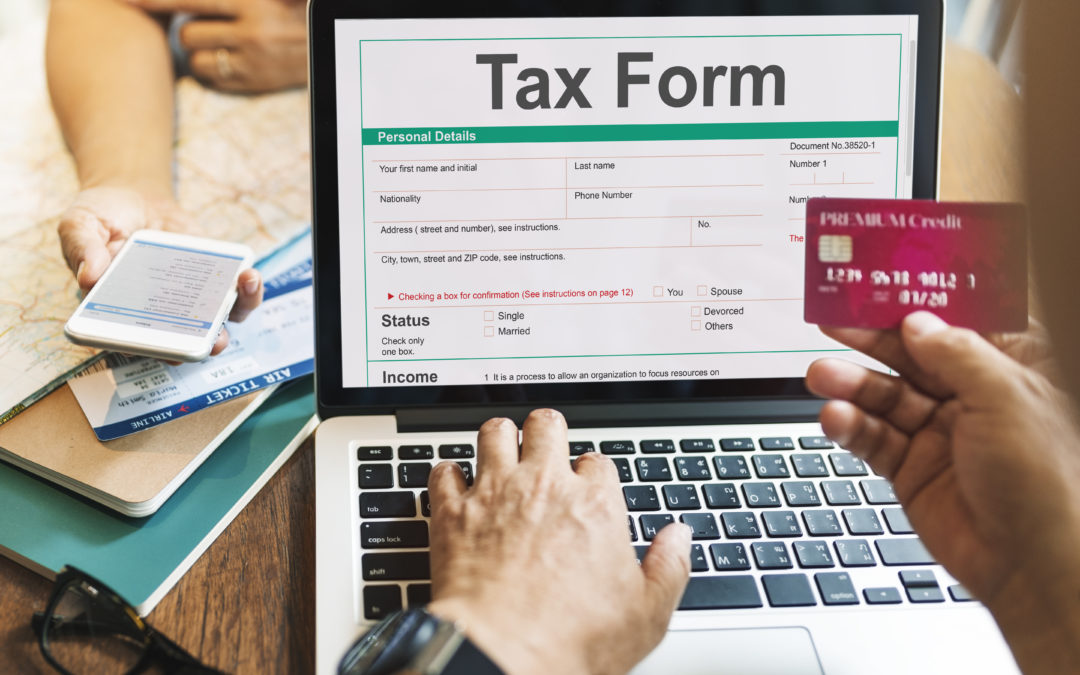If you are like most entrepreneurs, you probably depend on your business credit card to pay for numerous aspects of running your company. Perhaps you buy inventory; you might pull it out when you need to pay for affordable business insurance; maybe you even use it to get a cash advance if you are running short of funds for your payroll. But should you also rely on your business credit card when the time comes to pay what you owe to the IRS?
No Free Lunch
In general, whenever you take advantage of a convenience, there are financial tolls involved, and paying taxes with your business credit card is no different. Because tax laws prohibit the IRS from directly taking credit card payments, there are third-party providers involved in the mix.
Depending on the service used, you will pay somewhere around 2 percent of the payment in fees. Fees could be even higher if you use tax preparation software such as TurboTax. Remember, if your business credit card is already carrying a balance, you might be continuing to pay interest penalties for months or years to come.
Strategies to Avoid Fees
Fortunately, there are ways to minimize the sting of these convenience fees. For starters, consider opening a balance transfer credit card. Often, financial service providers offer appealing promotions such as an interest-free period of up to a year. Just be sure that you are actively putting funds aside to satisfy your debt before the promotion runs out; if you don’t, you could be slammed with sky-high interest penalties.
You could also pay Uncle Sam with a cash advance convenience check through your credit card. However, watch for hefty transaction charges, no grace periods and high interest fees. In other words, read the fine print carefully before choosing this option.
Look Into the Benefits of an IRS Installment Plan
An alternative to using plastic to satisfy your tax debt is to work with the IRS to come up with an installment plan you can afford. In general, you will get six years to pay off your debt in monthly chunks. In addition, you will be charged a setup fee ranging from $149 to $225 depending on how you applied and any interest or penalties. You will pay a lower fee if your payments are automatically deducted from your bank account.
Keep in mind that you will pay late fees as well as interest, compounded daily. Until your debt is satisfied, you will not receive any refunds in future years; in fact, all refunds will be applied toward what you owe.
The Illusion of Credit Card Incentives and Bonuses
Perhaps you are thinking of using your business credit card to pay your tax bill in order to earn cash-back rewards and other incentives. Before you leap at this opportunity, look at what percentage of your spending your card issuer is rewarding. If you only get 1 percent cash back, for instance, you will lose out in the end since the third-party fee will be approximately double that amount. What’s more, paying with your credit card will increase your debt load and potential lower your score, something no one wants.
As you can see, there are compelling reasons to pay your tax bill with your business credit card as well as equally persuasive ones to avoid doing so. If you have a full understanding of your priorities and business needs, you can arrive at the decision that is best for you. No matter what you decide, always be sure that Uncle Sam gets his due in full and in a timely manner.

